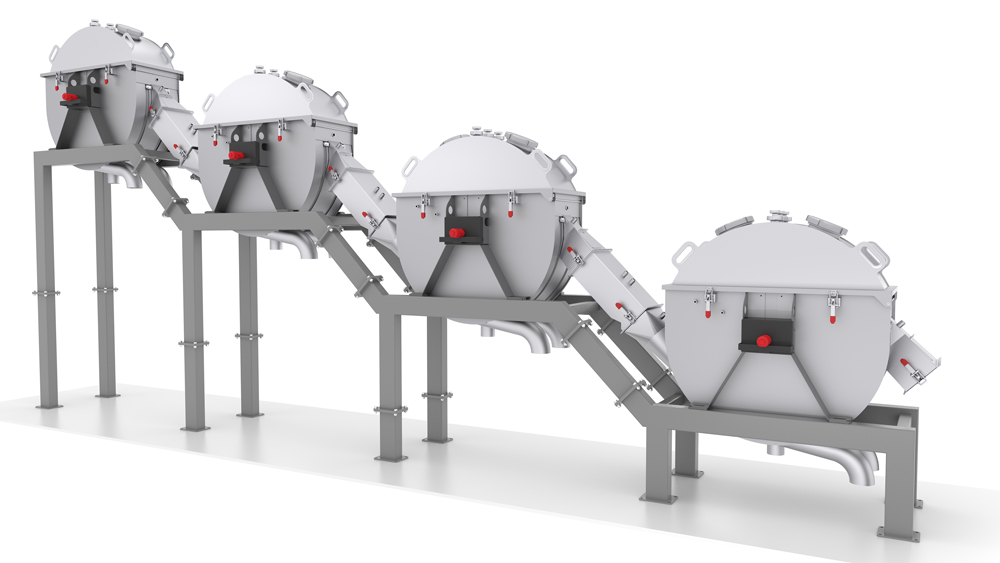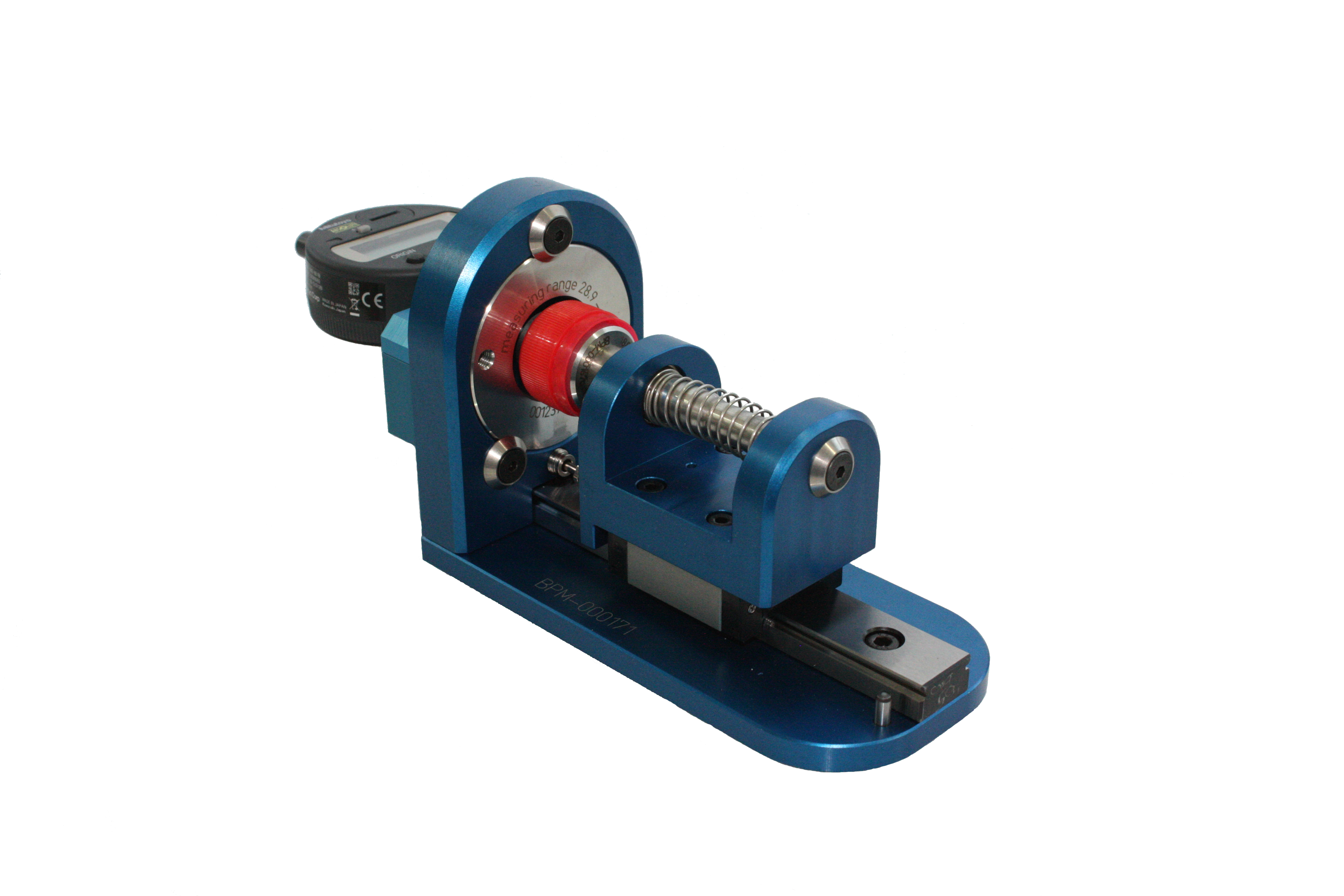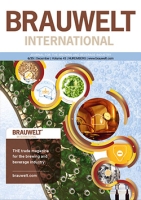With Nessie Ziemann Holvrieka is introducing an innovative system, which is revolutionizing the conventional brewhouse processes. The novel mash filtration process sustainably changes the lautering process due to shorter process times, increased raw material yields and reduced production costs.
The term Industry 4.0 is currently on everyone’s lips. The concept behind this idea is to design intelligent production systems and, with the help of networking with the Internet, facilitate flexible and efficient production. The paradigms from Industry 4.0 have found their way into beverage production and filling equipment.
Insurance policy holders inadvertently take major risks by failing to adjust the sum insured when they add new buildings or equipment or when buildings and equipment are no longer needed. While those underinsured will receive only a fraction of the actual value or even no compensation at all in the case of damage, those overinsured regularly pay excessively high premiums. As the following example shows, third-party valuations minimise these risks.
The inspection quality of empty bottle inspectors has become considerably more differentiated in terms of recognition accuracy in recent years, thanks to new computer/camera technology and more powerful software. The reliability of test results is, however, dependent not only on inspection accuracy. More to the point, proper functioning of the various inspection units has to be assured. Without self-monitoring of the test procedure, there is no ultimate safety. Shortcomings associated with self- monitoring are still found in connection with optical inspection components. A newly developed monitoring procedure closes this safety gap.
The first part of this series of articles described how classic haze phenomena such as e.g. organic substances, inorganic crystals or filtration aids can be identified in beer and in other alcoholic beverages. In this part, cases are described in which rarer contaminants cause haze. They can get into the product due to lack of attention, incorrect storage or unsuitable packaging materials. Examples taken from the VLB database show the analytical methods used for identifying these.
Volatile oils and aroma compounds in the hop umbels are responsible for lending beer its special and unique aromatic character. It is, therefore, an essential task of the brewing process to retain the concentration of the hop oils in the beer. This article examines the impact of sheet filtration on the concentration of hop oils.
In particular during pasteurisation, sensitive beverages have to be handled with care. A new testing method involving a chemical indicator system has been developed that can be used for determining the actual thermal exposure without having to resort to the classic challenge test with microorganisms.
During the process of applying beverage closures to PET bottles, minor gradations can determine whether the closure will be grasped and placed on the bottle correctly in the filling line. At filling speeds of up to 100,000 bottles per hour, even slight variations at the closure can result in unacceptably high rejection rates. But since, as with any economically sensible manufacturing process, the production process for beverage closures relies on manufacturing tolerances, the challenge ultimately lies in differentiating between tolerable and intolerable variations. For this purpose, Corvaglia Mould AG has developed and launched what is known as a chuck penetration depth simulator.
If a brewery wishes to fill typical reusable kegs and various disposable kegs, experience has shown that they will need substantial manpower or even different filling and cleaning systems in order to accomplish that. It will quickly become apparent that costs will skyrocket, not just for the machinery but also for the training and conversion effort. As a result, the work load strongly increases as well. Using the example of Kiuchi Brewery, Naka, Ibaraki, Japan, this article introduces a system that is able to simply and flexibly process various container types.
For several decades Boon Rawd Brewery in Thailand has relied on KHS as its partner for innovative filling and packaging technology. Only recently the company invested in no fewer than three water filling systems. One KHS PET line went to the bottling plant in Wang Noi in the center of Thailand, with a PET and a glass line being delivered to the Surat Thani site in the south of the country.
In Part I of this series of articles, classical haze formers in beer as well as methods for identifying them are described. Carbohydrate-based haze, filtration aids, calcium oxalate crystals and microbiologically induced haze are discussed, using actual case studies. Other haze problems that may arise, in particular in beer-based drinks or other alcoholic and non-alcoholic mixed beverages, are also addressed. This all with the aim of getting an insight into the multifarious interactions between individual components and obtaining a better understanding of the causes of (unwanted) haze.




